On the morning of June 10, continuing the 46th Session, the National Assembly Standing Committee gave opinions on receiving, explaining, and revising the draft Law on Teachers.
Clarifying what is "forced" or "not forced" to study extra
Reporting at the meeting, Chairman of the Committee for Culture and Society Nguyen Dac Vinh reflected and suggested adding and clarifying the subjects of adjustment including teachers working under contract, teachers holding concurrent management positions, guest teachers, retired teachers, and school staff.
The examining agency believes that the subjects regulated by the draft Law are teachers recruited to teach andeducate in educational institutions in the national education system, including teachers recruited and working under labor contracts.
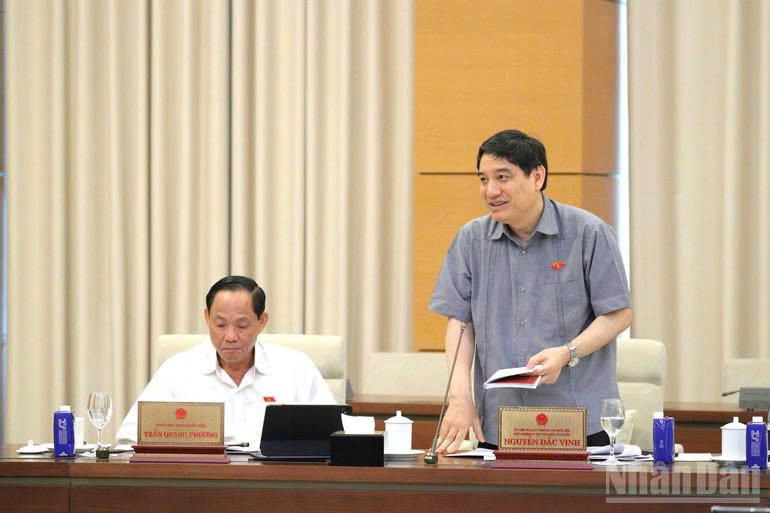
In cases where a person holding the title of teacher concurrently holds a management position and a retired teacher in the public sector is recruited by a non-public educational institution and is participating in teaching, he/she is subject to the scope of regulation of this Law.
Other personnel (such as school staff, guest lecturers...) will be regulated by the Law on Education, Law on Vocational Education, Law on Higher Education.
Regarding the opinion of the delegate suggesting to add regulations prohibiting teachers from giving extra lessons in violation of the law, prohibiting extra lessons for students that the teacher is directly teaching, Mr. Vinh stated that the draft Law does not prohibit extra lessons or extra learning, but only stipulates that teachers are not allowed to force students to participate in extra lessons in any form in order to limit and overcome the widespread situation of extra lessons and extra teaching.
At the same time, the Ministry of Education and Training also issued a document regulating extra teaching and learning, which stipulates that teachers are not allowed to give extra lessons to students they are directly teaching.
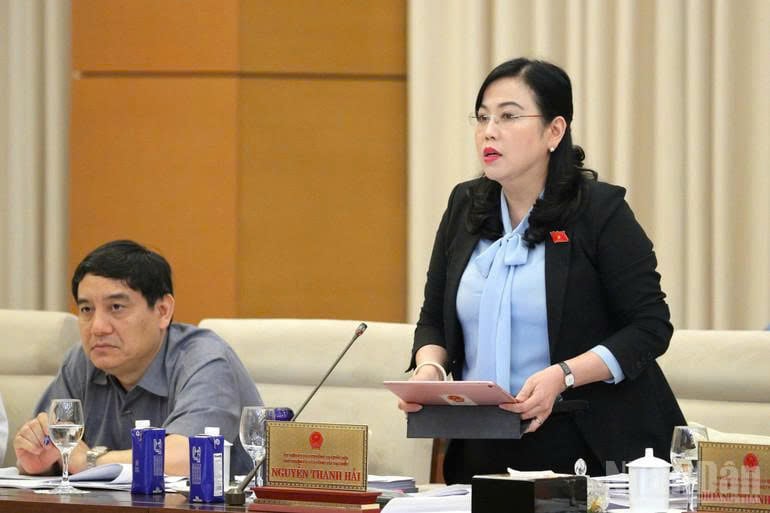
Commenting on this content, Chairman of the Delegation Work Committee Nguyen Thanh Hai said that the regulation prohibiting forcing students to participate in extra classes in any form has not changed compared to the draft previously submitted to the National Assembly.
The Ministry of Education and Training's issuance of a regulation that teachers are not allowed to teach extra classes to students they are directly teaching is a step forward, clearly demonstrating the nature of the problem: extra teaching and learning are legitimate needs, but profiteering is not allowed.
However, to enforce the ban, first of all, the draft Law's explanation of terms must clearly define what "extra teaching and learning" is. According to Ms. Hai, extra teaching can be understood as an activity organized by teachers or professionals outside of regular school hours, outside of the main curriculum at school, including forms such as teaching at home, at the center, or online teaching.
Homeschooling can also be the student coming to the teacher's home or vice versa, the tutor coming to the student's home.
In fact, since the regulations on extra teaching and learning (such as Circular 17 or 29) were issued, many variations have appeared, such as many teachers organizing online teaching via Zoom, Google Meet... for their own students and still collecting money. This form is very difficult to manage.
In addition, the Chairwoman of the Delegation Work Committee expressed concern about the phrase "coercion" in any form. "How can we determine coercion? On paper, there may be a voluntary registration form, but in reality, there may be implicit coercion for students to write that form," Ms. Hai questioned.
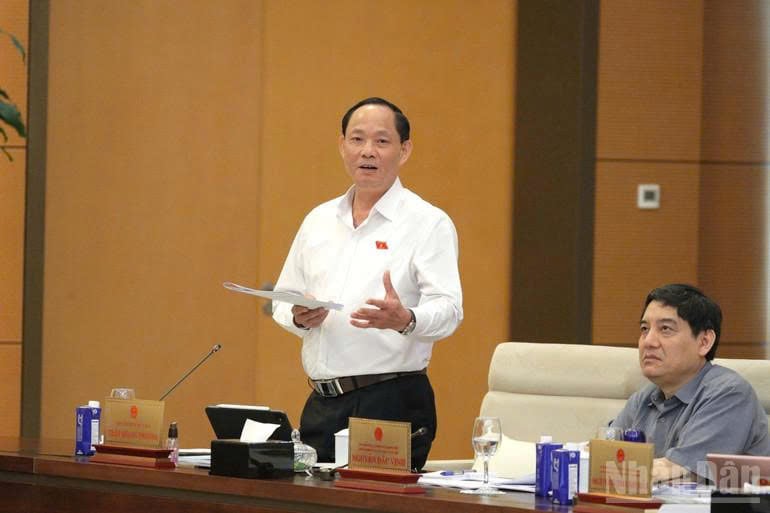
Vice Chairman of the National Assembly Tran Quang Phuong also said that it is necessary to distinguish between “forced” and “not forced”. He analyzed that forced means forcing families to submit applications, students to submit applications “to study at my school, not at that school”.
"When it comes to coercion, there are many variations. The important thing is how to manage and distinguish between "coercion" and "no coercion," said the Vice Chairman of the National Assembly.
The regulation that teachers receive the highest salary and allowances is an institutionalization of the Party's policy.
In addition to the above contents, the reviewing agency has suggested adding teachers in vocational education institutions to participate in the management and operation of enterprises; clearly stipulating the working regime of teachers participating in the management and operation of enterprises.
The Standing Committee of the Culture and Social Affairs Committee stated that allowing university lecturers to participate in the management and operation of enterprises is a new policy to remove limitations and shortcomings in the management and operation of enterprises belonging to higher education institutions.
This issue has been thoroughly discussed by the National Assembly and there is high consensus.
However, according to the review agency, the proposal to expand this policy to vocational education teachers needs to be carefully studied; after evaluating and summarizing the implementation practices, there will be a basis for expanding the subject in the next phase.
The assignment of tasks and balancing of working time of teachers participating in business management and operation will be specified in detail in the implementation guidance document.
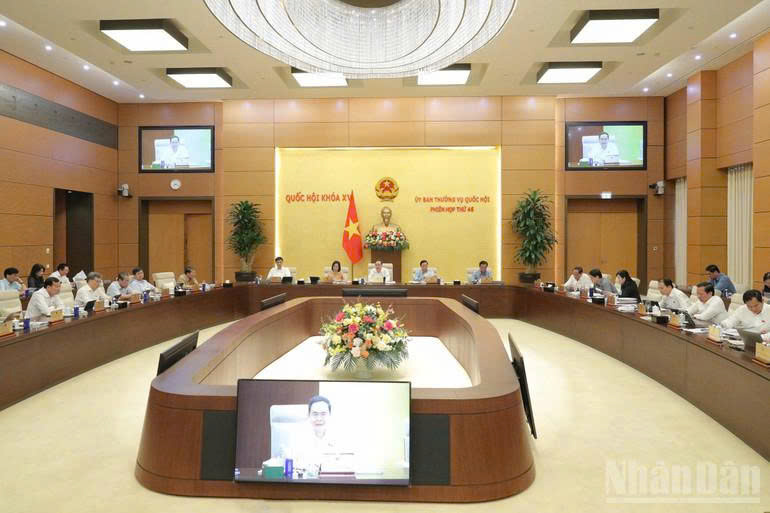
In addition, there are suggestions to clarify the regulations on salaries and allowances for teachers ranked highest in the administrative career salary scale system; regulations to ensure fairness in salaries between teachers in the public sector and the non-public sector; and specific regulations on housing support and travel expenses for teachers working in disadvantaged areas.
Director Nguyen Dac Vinh said that teachers in public educational institutions are civil servants, so their salaries are based on the administrative career salary scale. The regulation that teachers receive the highest salary and allowances is an institutionalization of the Party's policy in Conclusion No. 91-Kl/TW of the Politburo. This content is basically not contrary to the spirit of Resolution 27-NQ/TW on salary policy reform.
Meanwhile, the regulation that the salary of teachers in the non-public sector is guaranteed to be no lower than that of the public sector may affect the policy of socializing education and violate the principle of voluntariness and autonomy of non-public educational institutions. Therefore, the draft Law has been adjusted in the direction that the salary of teachers in non-public educational institutions is implemented in accordance with the provisions of the law on labor.
The specific regulations on housing support and travel expenses for teachers working in disadvantaged areas are implementation contents that will be specified in detail in the guidance document.
NDO
Source: https://baohanam.com.vn/xa-hoi/giao-duc/cam-ep-buoc-nguoi-hoc-tham-gia-hoc-them-duoi-moi-hinh-thuc-165371.html








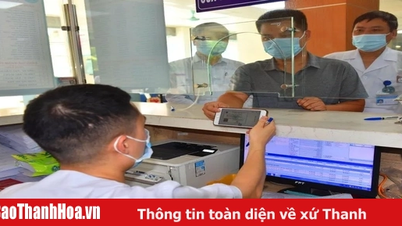

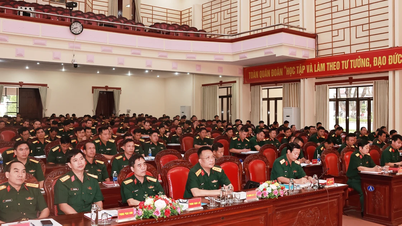

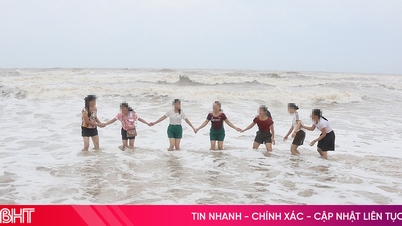





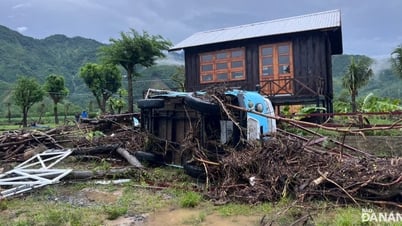





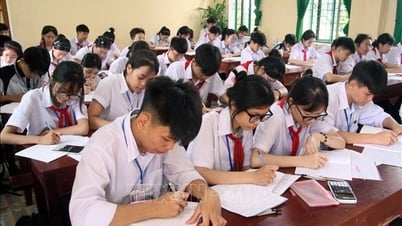


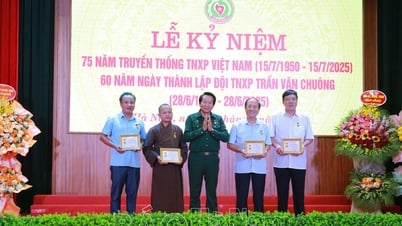

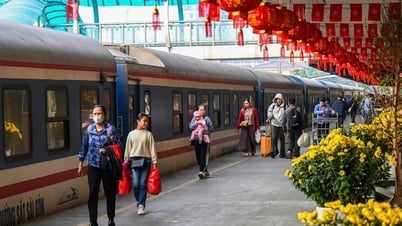

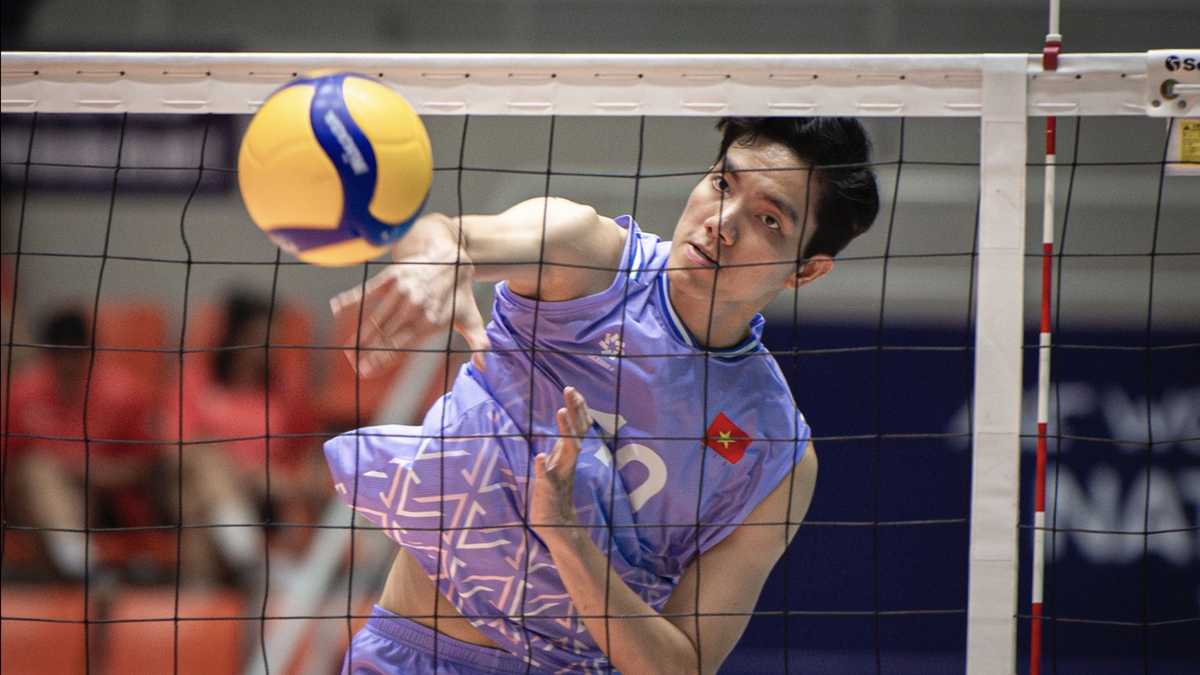








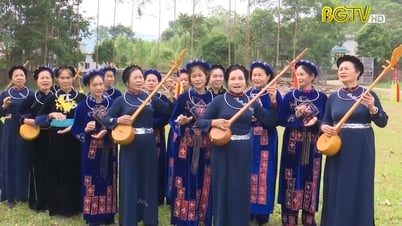










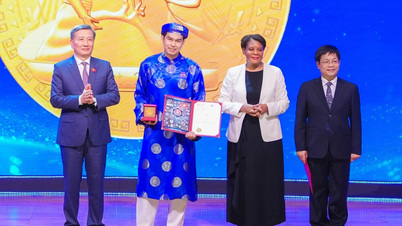












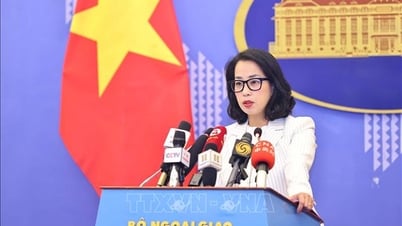


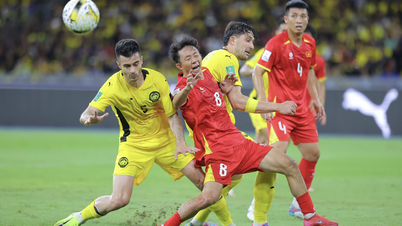
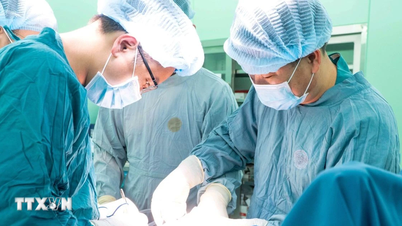






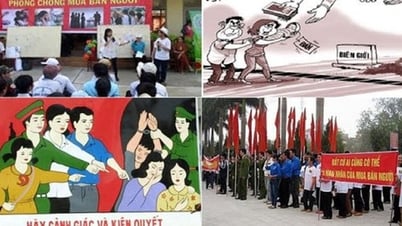
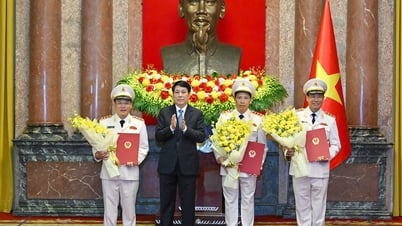

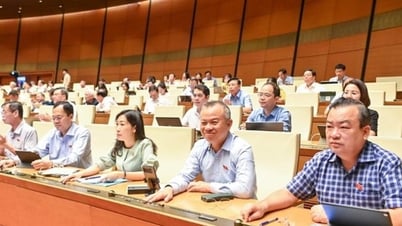

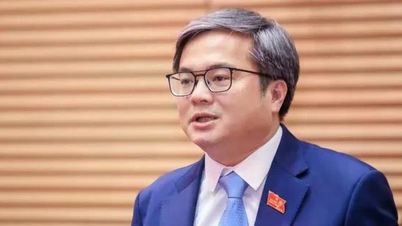




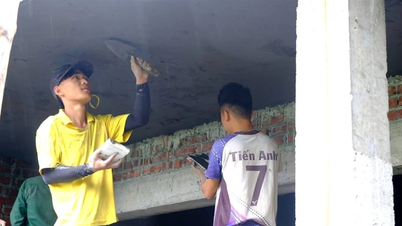


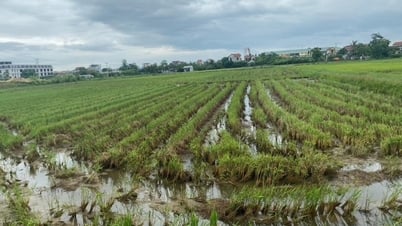












Comment (0)